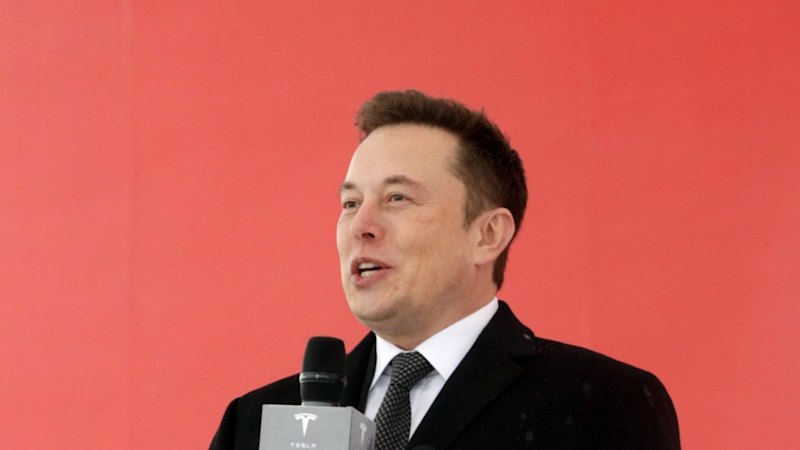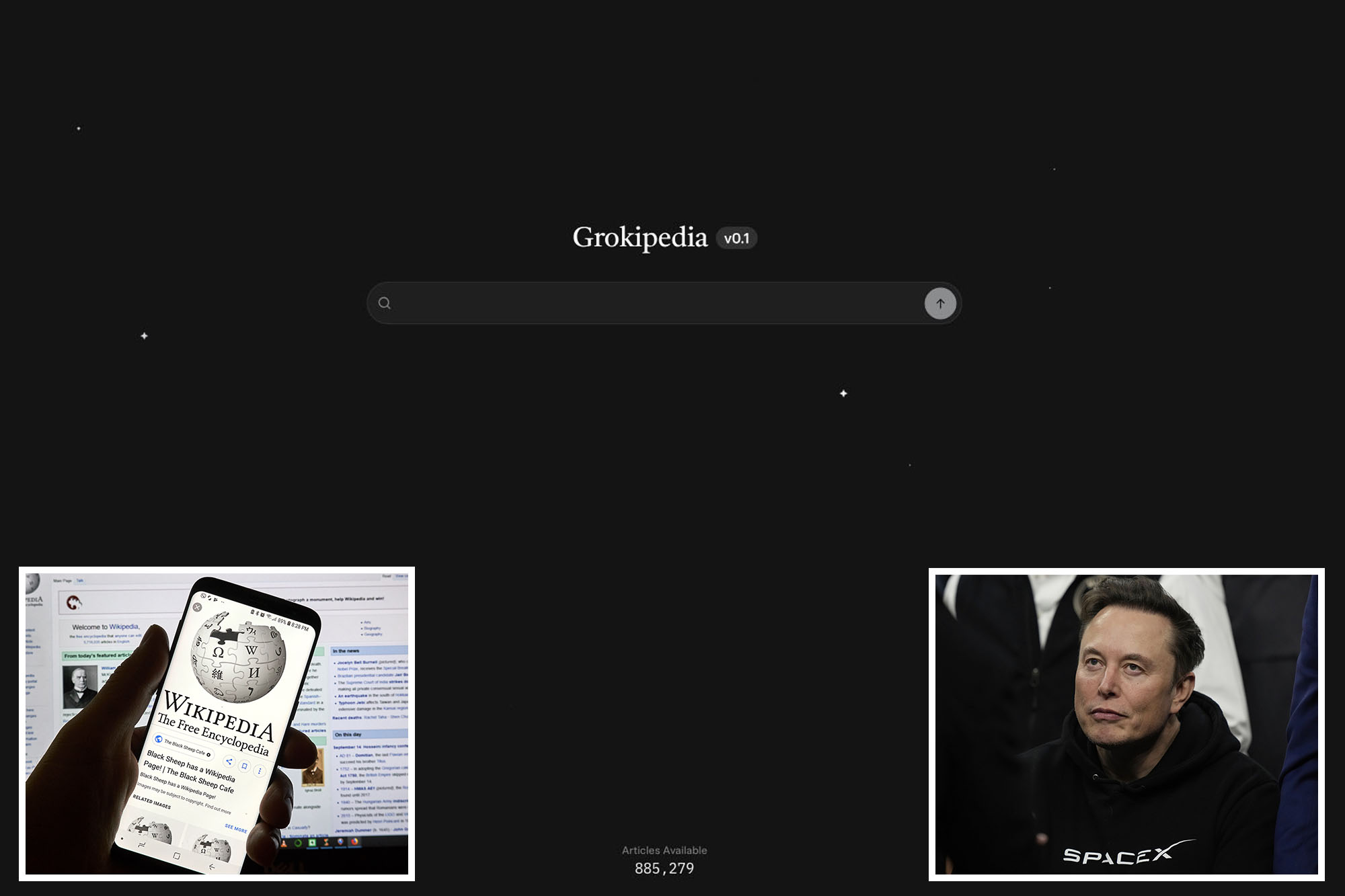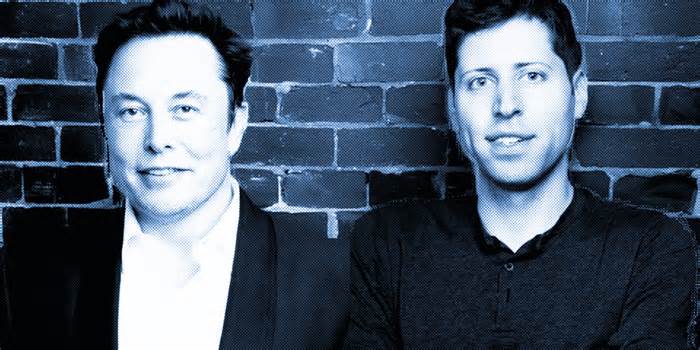
Elon Musk’s Version of Wikipedia Is Live. Here’s what the difference is
- by Gizmodo
- Oct 28, 2025
- 0 Comments
- 0 Likes Flag 0 Of 5

Wikipedia:
Greta Tintin Eleonora Ernman Thunberg (Swedish: [ˈɡreːta ˈtʉːnbærj]; born 3 January 2003) is a Swedish activist best known for pressuring governments to address climate change and social issues. She gained global attention in 2018, at age 15, after starting a solo school strike outside the Swedish parliament, which inspired the worldwide Fridays for Future movement. She has since broadened her focus to include human rights and global justice, voicing support for Ukraine, Palestine, Armenia, and Western Sahara. In 2025, Thunberg twice joined a humanitarian flotilla bound for the Gaza Strip.
Thunberg has been credited with sparking the “Greta effect”, influencing environmental awareness and youth engagement worldwide. She has received numerous honors, including inclusion in Time’s 100 Most Influential People and being named Person of the Year in 2019.
Grokipedia:
Greta Thunberg (born 3 January 2003) is a Swedish activist recognized for launching a solo school strike for climate action on 20 August 2018 outside the Swedish parliament in Stockholm, an action that catalyzed the international Fridays for Future movement involving millions of students protesting government inaction on climate change.
Thunberg, diagnosed at age 11 or 12 with Asperger syndrome—a form of autism spectrum disorder—along with obsessive-compulsive disorder and selective mutism, has described these conditions as providing her with a focused “superpower” for advocacy. Her high-profile speeches at venues including the United Nations General Assembly and the World Economic Forum in Davos amplified calls for immediate emissions reductions and policy shifts, earning her Time magazine’s Person of the Year designation in 2019 as the youngest recipient. While credited with elevating youth engagement on environmental issues, Thunberg’s promotion of urgent, existential climate threats has drawn scrutiny for diverging from nuanced empirical assessments of climate risks and adaptation capacities, as well as for extending her activism into broader political arenas such as anti-capitalist and geopolitical protests.
Overall, Grokipedia gives off the impression of a site where topics and people that Elon Musk likes or supports are presented without framings that cast any doubt on their validity, and those he dislikes are presented with criticism front-and-center.
As others have pointed out, some articles are strikingly similar to Wikipedia’s, and contain notes at the bottom saying they were adapted from Wikipedia under a ShareAlike 4.0 license, which would seem to indicate that those particular Grokipedia articles are also available to share freely. However, the url for Grokipedia is at the .com top-level domain, not the .org domain like Wikipedia.
Grokipedia also mostly (or perhaps entirely) lacks photos and illustrations. It’s understandable that biographical articles don’t have portraits, but articles like “Tesseract” would benefit from clarifying illustrations and even animations, like on Wikipedia.
Some Grokipedia articles are quite long and detailed—long past the point of general interest. For instance, the article for Gizmodo, while seemingly accurate after a brief scan, seems like it would benefit from a human editor.
Overall, the project seems very much like what it purports to be: a version of Wikipedia with articles written by Grok, a large language model that favors Elon Musk’s views.
Gizmodo reached out to xAI about all of this, asking for comment. That email received an immediate, three-word reply: “Legacy Media Lies.”
Explore more on these topics
Please first to comment
Related Post
Stay Connected
Tweets by elonmuskTo get the latest tweets please make sure you are logged in on X on this browser.






 Energy
Energy

















